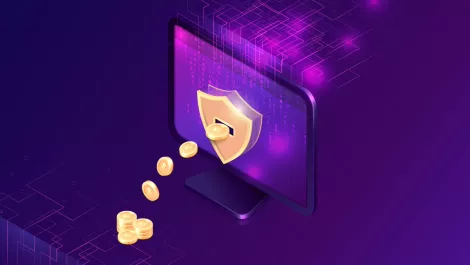Stories by Stephen Kho

Ransomware is doubling down — What you need to know about the recent surge
Tue, 7th Jan 2025
#
malware
#
data protection
#
ransomware
Ransomware attacks have surged by 100% from Q2 to Q3/2024, with the Magniber variant leading the charge, highlighting the urgent need for enhanced cybersecurity measures.

Protect your mini-me: How to prevent child identity theft
Thu, 17th Oct 2024
#
phishing
#
email security
#
cybersecurity
Worried about child identity theft? Our guide offers 10 steps on how to prevent child identity theft so you can safeguard your little one’s future.

You’re telling me that ad was fake? Malvertising is sneakier than ever
Thu, 8th Aug 2024
#
malware
#
phishing
#
email security
Malicious ads are becoming hard to spot, warns Avast in its Q1/2024 Threat Report. Even legitimate platforms like YouTube are now targets for sophisticated malvertising schemes.

Marketing vs. reality – What we can learn from the Ashley Madison hack
Fri, 5th Jul 2024
#
breach prevention
#
data breach
#
online dating
The Ashley Madison hack exposed the stark reality behind glossy marketing, revealing how a poorly safeguarded system endangered millions of private lives.

YouTube, the backdrop of a scammer’s play
Thu, 20th Jun 2024
#
malware
#
phishing
#
email security
Cyberattackers are turning to YouTube to spread phishing and malware through sophisticated scams, deceiving users with deepfakes and trusted spokespersons. Stay vigilant.

What is MFA bombing? Apple users were targeted using this phishing technique
Fri, 7th Jun 2024
#
mfa
#
phishing
#
email security
Apple users are being targeted with 'MFA bombing,' a phishing method that exploits repeated password prompts and spoofed calls to gain account access.

There’s a whole new wave of investment scams – and they feature people you might know
Thu, 23rd May 2024
#
email security
#
ai
#
cybersecurity
AI-generated deepfakes are fuelling a new era of investment scams, featuring familiar faces to deceive us. Here's how to spot and avoid these high-tech traps.

Big business in cryptocurrencies and cybercrime
Wed, 10th Aug 2022
#
malware
#
ransomware
#
blockchain
Cryptocurrencies are valuable, digital, anonymous, and can be used across borders - they can be sent to others anytime, anywhere.